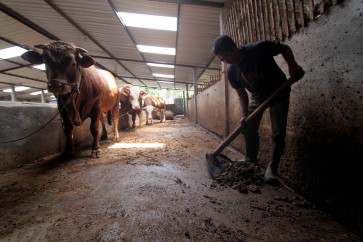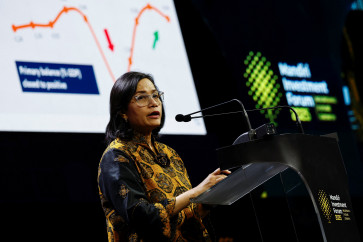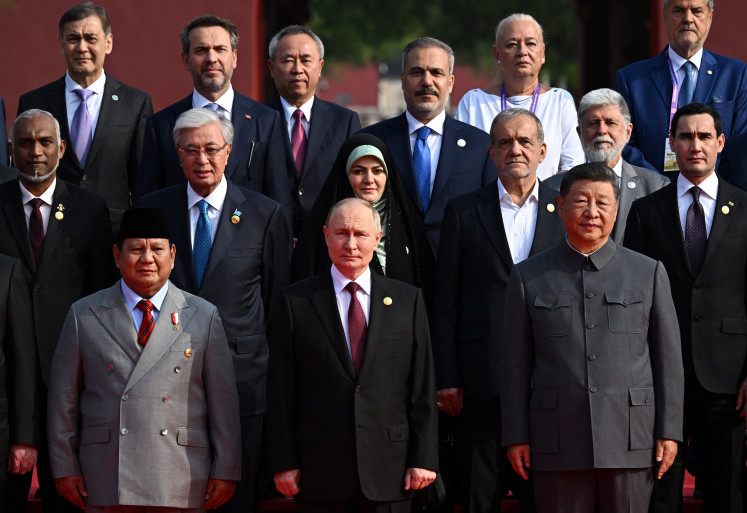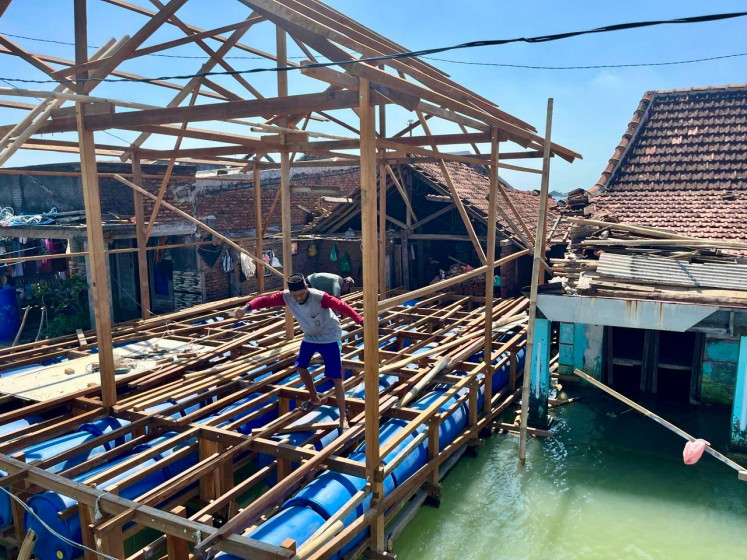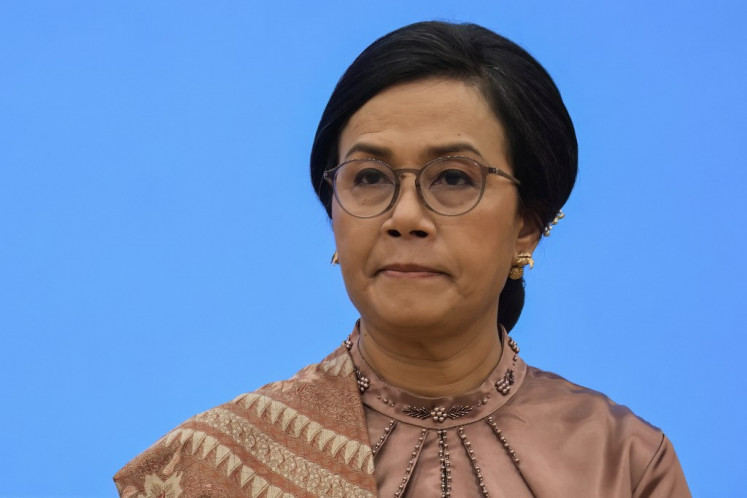Popular Reads
Top Results
Can't find what you're looking for?
View all search resultsPopular Reads
Top Results
Can't find what you're looking for?
View all search resultsPartnerships for better higher education
The role of foreign universities should be to form partnerships between domestic and foreign institutions rather than branch campuses of foreign universities.
Change text size
Gift Premium Articles
to Anyone
 According to the Research, Technology and Higher Education Ministry, foreign participation in Indonesian higher education would be limited to subjects of science, technology, engineering, and mathematics, and foreign universities would be required to operate in partnership with local institutions. (Shutterstock/File)
According to the Research, Technology and Higher Education Ministry, foreign participation in Indonesian higher education would be limited to subjects of science, technology, engineering, and mathematics, and foreign universities would be required to operate in partnership with local institutions. (Shutterstock/File)
L
ast December, Vice President Jusuf Kalla announced the government’s plan to relax restrictions on the activities of foreign universities in Indonesia.
Although no further details have been provided, the idea that foreigners could offer university courses in Indonesia provoked an immediate, negative reaction from some Indonesian academics. Almost every day a new article has warned of the dire consequences of allowing foreign participation in the higher education system.
There is nothing in the government’s proposal that should trigger such strong emotions. According to the Research, Technology and Higher Education Ministry, foreign participation in Indonesian higher education would be limited to subjects of science, technology, engineering, and mathematics, and foreign universities would be required to operate in partnership with local institutions.
There are no plans to allow stand-alone branches of foreign universities to operate on Indonesian soil, and foreigners will not be teaching culture, history, literature and religion to Indonesian students.
This overreaction reflects an extreme form of academic protectionism that has shaped the policy in Indonesia, at least since the reformasi era. Based on objective performance assessments, academic protectionism has served neither students nor universities well. According the Organization for Economic Cooperation and Development (OECD) 2016 Survey of Adult Skills, the math and literacy skills of university graduates in Jakarta are similar those recorded by junior secondary school students in Europe.
Although global university rankings can be misleading, the fact that Indonesia does not have even one university in the Times Higher Education Top 800 should be a cause of concern. It is difficult to see how Indonesian can succeed in the global knowledge economy if the country is unable to improve the quality of education delivered at its institutions of higher education.
Reforming higher education involves, at a minimum, strengthening governance mechanisms, promoting transparency, collecting detailed and up-to-date information on student outcomes, incentivizing professors and lecturers to increase research output and incorporate scientific advances into their teaching, tightening accreditation criteria, and strengthening the role of business and civil society in raising standards.

